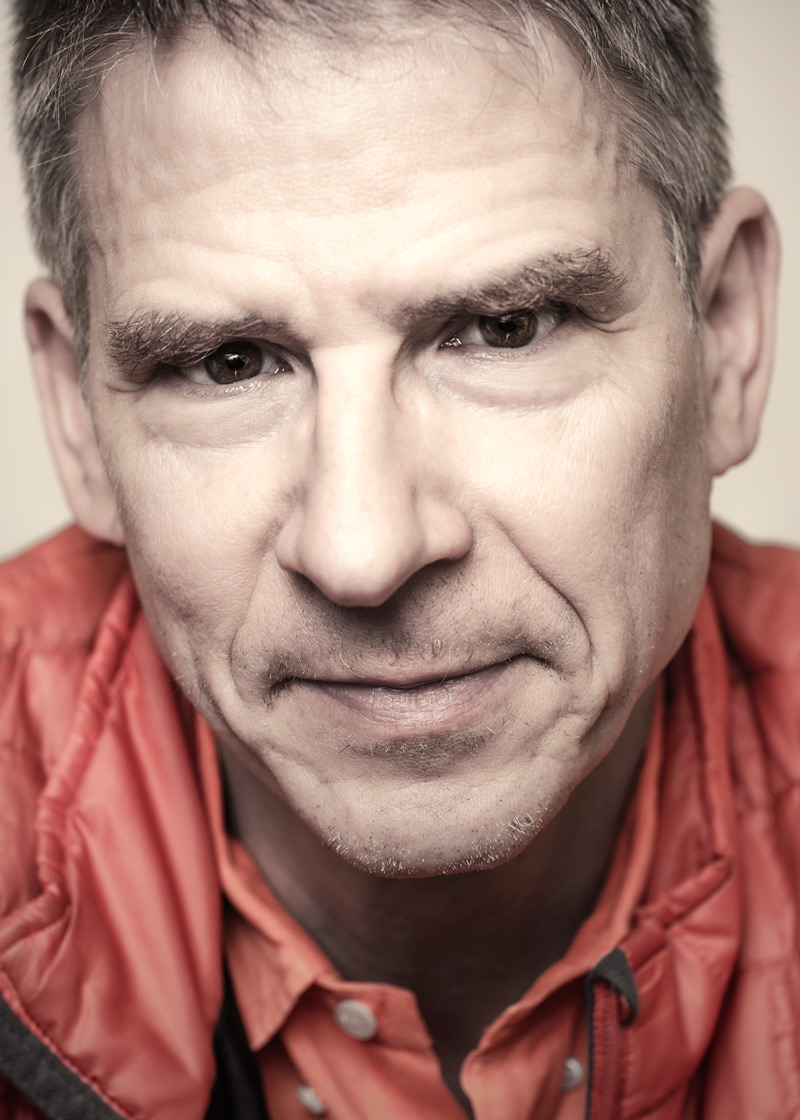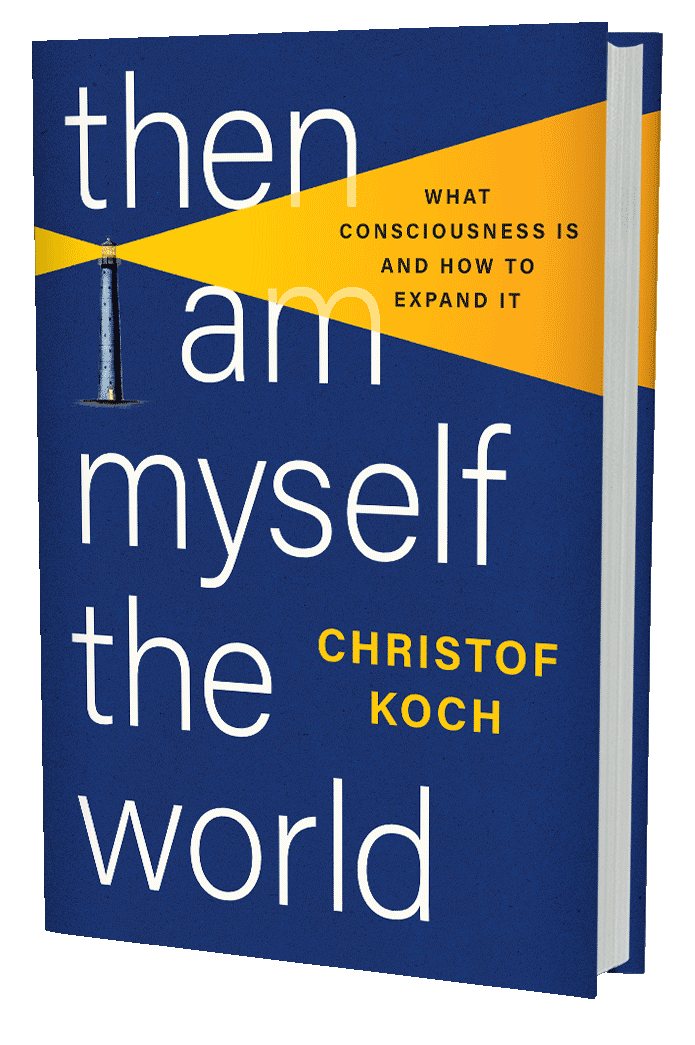Christof Koch — How to Expand Consciousness
Manage episode 417626409 series 3346825
In Then I Am Myself the World, Christof Koch explores the only thing we directly experience: consciousness. At the book’s heart is integrated-information theory, the idea that the essence of consciousness is the ability to exert causal power over itself, to be an agent of change. Koch investigates the physical origins of consciousness in the brain and how this knowledge can be used to measure consciousness in natural and artificial systems.
Enabled by such tools, Koch reveals when and where consciousness exists, and uses that knowledge to confront major social and scientific questions: When does a fetus first become self-aware? Can psychedelic and mystical experiences transform lives? What happens to consciousness in near-death experiences? Why will generative AI ultimately be able to do the very thing we can do, yet never feel any of it? And do our experiences reveal a single, objective reality?

Christof Koch is a neuroscientist at the Allen Institute and at the Tiny Blue Dot Foundation, the former president of the Allen Institute for Brain Science, and a former professor at the California Institute of Technology. Author of four previous titles — The Feeling of Life Itself: Why Consciousness Is Widespread but Can’t Be Computed, Consciousness: Confessions of a Romantic Reductionist, and The Quest for Consciousness: A Neurobiological Approach — Koch writes regularly for a range of media, including Scientific American. He lives in the Pacific Northwest.
Shermer and Koch discuss:
- why “subjective experience,” aka consciousness, fits so uneasily into our physicalist worldview which has been so successful at describing the world around us
- the author’s near-death experience and how this has changed him
- the difficulties of materialism/physicalism in dealing with both the fundamental nature of reality at the quantum level and with consciousness
- the need for a fundamental theory of consciousness that explains our subjective experiences in terms of objective measures
- what we have learned about the brain basis of consciousness in the past several decades
- designing a “consciousness detector” for behavioral unresponsive patients (such as Terry Schiavo) in ICU and rehabilitation homes
- why psychedelics, such as magic mushrooms and Ayahuasca, are of so fascinating to both neuroscientists and to everyone seeking to explore the nature of reality
- both philosophy as well as neuroscience agree that our experience of the world is a construct of our mind, including such fundamental aspects as space and time
- Our minds are shaped by our beliefs, prior experiences, and intentions. We are, to a remarkable extent, the author of our own narrative and can shape perceived reality. This insight is crucial to those of us that suffer from anxiety, low self-esteem, post-traumatic stress, and depression.
- the limits of consciousness — birth and death
- the future of advanced brain-machine interfaces
- why digital computers will soon be able to do anything humans can do — but faster and better — but will never be what humans are: conscious.
If you enjoy the podcast, please show your support by making a $5 or $10 monthly donation.
28 एपिसोडस





